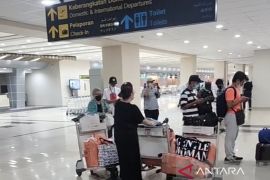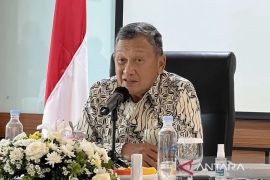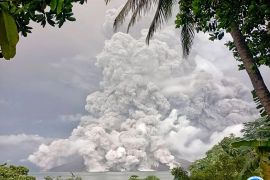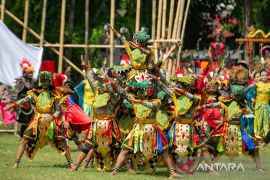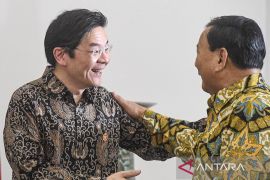For the past several days, Macedonian security forces allow entrance on Macedonian territory only to refugees from countries where there is an immediate security risk, including those from Syria, Iraq and Afghanistan.
Others are qualified as "economic migrants" and are advised to return to their homeland. But the nationals of Pakistan, Sudan, Iran, Morocco, Bangladesh and many other countries demand to be allowed to transit towards western Europe and have no plans to turn back. Their number is constantly rising.
Many migrants hold signs "We wont go back". Some of them stage hunger strike in protest or lay on the rails in the cold weather to block the railway transport between Macedonia and Greece. They refuse any help from the police or the humanitarian organizations. Media in Skopje report that one of the migrants waiting at the borderline tried to commit suicide by hanging, but was stopped by Macedonian security forces.
"Go back where? We dont have a place to go. We are from Pakistan. We have waited here for five days. We have come so far and there is no turning back for us." a migrant waiting at the so- called Point 59 at the Macedonian-Greek border told Xinhua.
"Dont be afraid of us. We are good people from Iran and we are just trying to reach Germany or other country where there is freedom," said another migrant.
At the same time, nationals of Syria, Iraq and Afghanistan transit Macedonia freely. More than 4,500 refugees from these crisis regions were allowed to enter the country on Saturday and continue their journey towards western European countries.
The President of the European Council Donald Tusk visited Skopje on Sunday as part of his tour through the countries along the route of the huge migrant wave. He promised European support in the control of the influx.
"We are ready to offer bigger technical and humanitarian support but once we make an assessment of the situation. I will talk to the EU states to see what more can be done for these countries in the first line of the migrant wave. Our goal now has to be to reduce the inflow of the refugees, not simply to facilitate their transit," Tusk said.
His host, Macedonian President Gjorge Ivanov, says that the country cant afford to take upon the consequences of the inefficient mechanism of the European Union for accepting the migrants whose main goal is to reach the EU countries. He criticized the European Council for failing to reach a consensus for Macedonias EU accession thus leaving the country outside the European borders.
"Macedonia is a school example how one shouldnt behave towards an EU candidate country. The migrant crisis revealed all weak points of the EU. Macedonia is not a member state and had to declare an emergency situation because of the migrant wave that comes from an EU country. Since the beginning of the crisis ,half a million migrants transited through Macedonia and we have received no aid. Macedonia spends its own funds to address the crisis and so far we have spent over 10 million euros," Ivanov added.
The security measures to control the migrant flow were strengthened after it was discovered that at least one of the perpetrators of the terrorist attacks in Paris probably used the so-called Balkan migrant wave through Greece-Macedonia-Serbia-Croatia to reach France.(*)
Editor: Heru Purwanto
Copyright © ANTARA 2015
